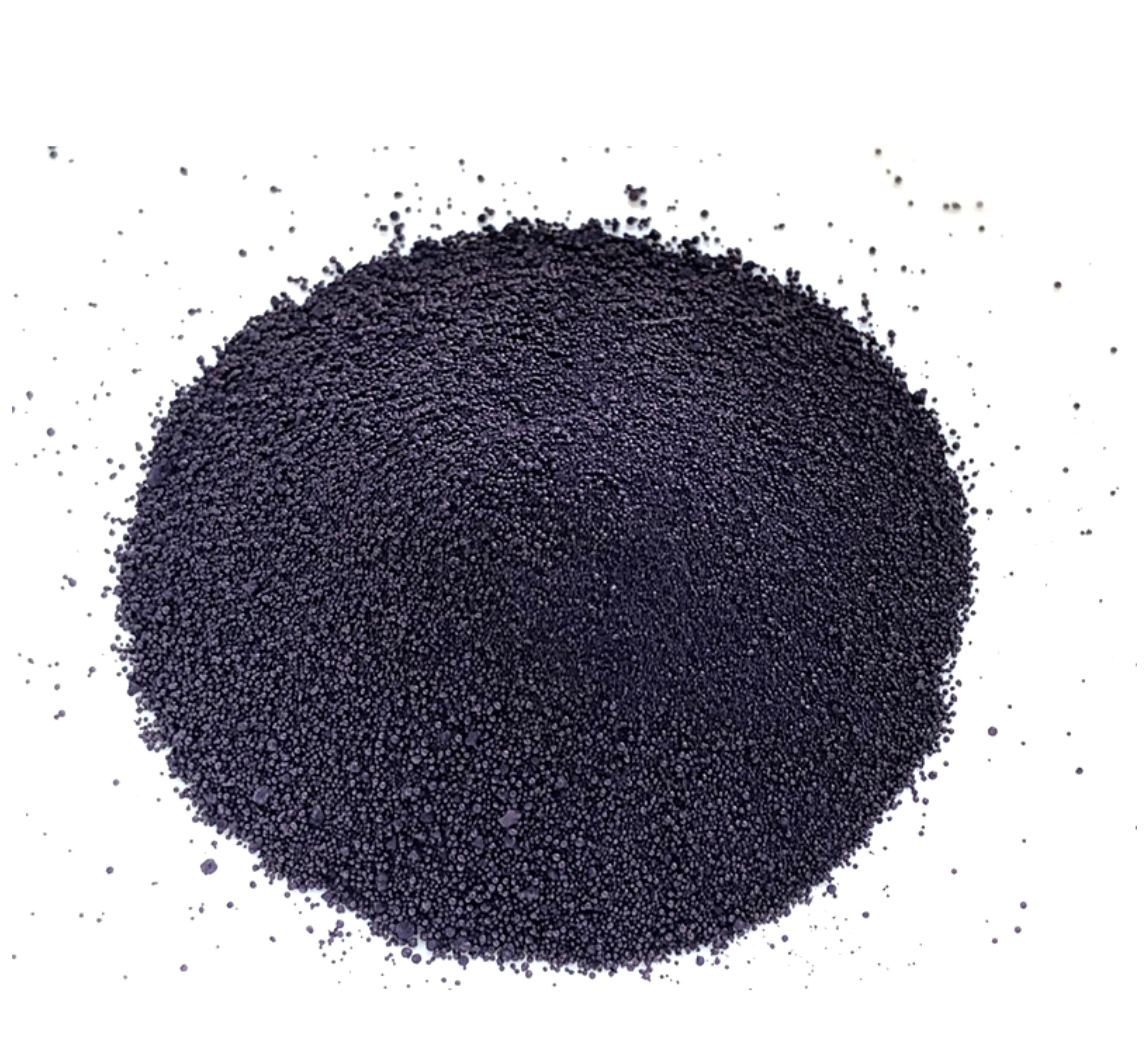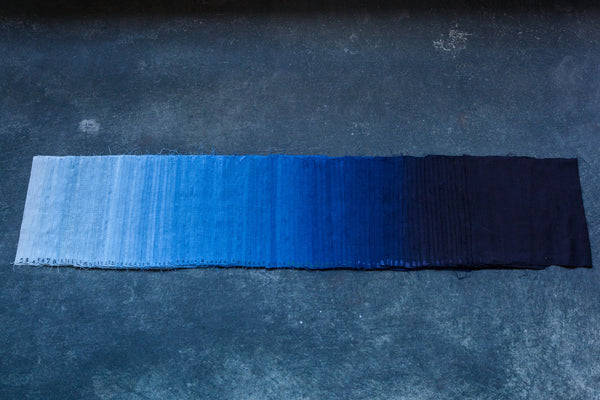Indigo Blue Vat Blue


Economically, the indigo trade has contributed significantly to local economies, offering a source of income for rural communities devoted to its cultivation and processing. The global interest in indigo-dyed products, especially in fashion industries that prioritize sustainable practices, has rejuvenated interest in natural dyes, positioning China as a pivotal player in the global textile market. Artisans skilled in indigo dyeing techniques often see their products in high demand, underscoring the importance of preserving this traditional art form. Prominent Chinese artists and designers have further elevated the status of indigo through modern interpretations in their works. The fusion of ancient techniques with contemporary design philosophies has led to innovative products that appeal to a global audience. These creations not only highlight the beauty and versatility of indigo but also promote cultural heritage on the world stage. Trust in the quality and authenticity of indigo products is reinforced by certifications and collaborations with global eco-standard organizations. Consumers are more informed and discerning than ever, leading to increased demand for products that are both ethically produced and sustainably sourced. Chinese producers have embraced these values, increasingly adopting practices that ensure transparency and ecological responsibility in the production of indigo dyes. In summary, China's connection with indigo in nature spans history, culture, and economy. It continues to be a symbol of traditional craftsmanship while representing innovative strides towards sustainability and global interconnectedness. As both the fascination with historical practices and the demand for eco-friendly products grow, China's natural indigo offers a bridge between the past and the future, providing valuable lessons in heritage, artistry, and environmental stewardship.
-
The Timeless Art of Denim Indigo Dye
NewsJul.01,2025
-
The Rise of Sulfur Dyed Denim
NewsJul.01,2025
-
The Rich Revival of the Best Indigo Dye
NewsJul.01,2025
-
The Enduring Strength of Sulphur Black
NewsJul.01,2025
-
The Ancient Art of Chinese Indigo Dye
NewsJul.01,2025
-
Industry Power of Indigo
NewsJul.01,2025
-
Black Sulfur is Leading the Next Wave
NewsJul.01,2025

Sulphur Black
1.Name: sulphur black; Sulfur Black; Sulphur Black 1;
2.Structure formula:
3.Molecule formula: C6H4N2O5
4.CAS No.: 1326-82-5
5.HS code: 32041911
6.Product specification:Appearance:black phosphorus flakes; black liquid

Bromo Indigo; Vat Bromo-Indigo; C.I.Vat Blue 5
1.Name: Bromo indigo; Vat bromo-indigo; C.I.Vat blue 5;
2.Structure formula:
3.Molecule formula: C16H6Br4N2O2
4.CAS No.: 2475-31-2
5.HS code: 3204151000 6.Major usage and instruction: Be mainly used to dye cotton fabrics.

Indigo Blue Vat Blue
1.Name: indigo blue,vat blue 1,
2.Structure formula:
3.Molecule formula: C16H10N2O2
4.. CAS No.: 482-89-3
5.Molecule weight: 262.62
6.HS code: 3204151000
7.Major usage and instruction: Be mainly used to dye cotton fabrics.

